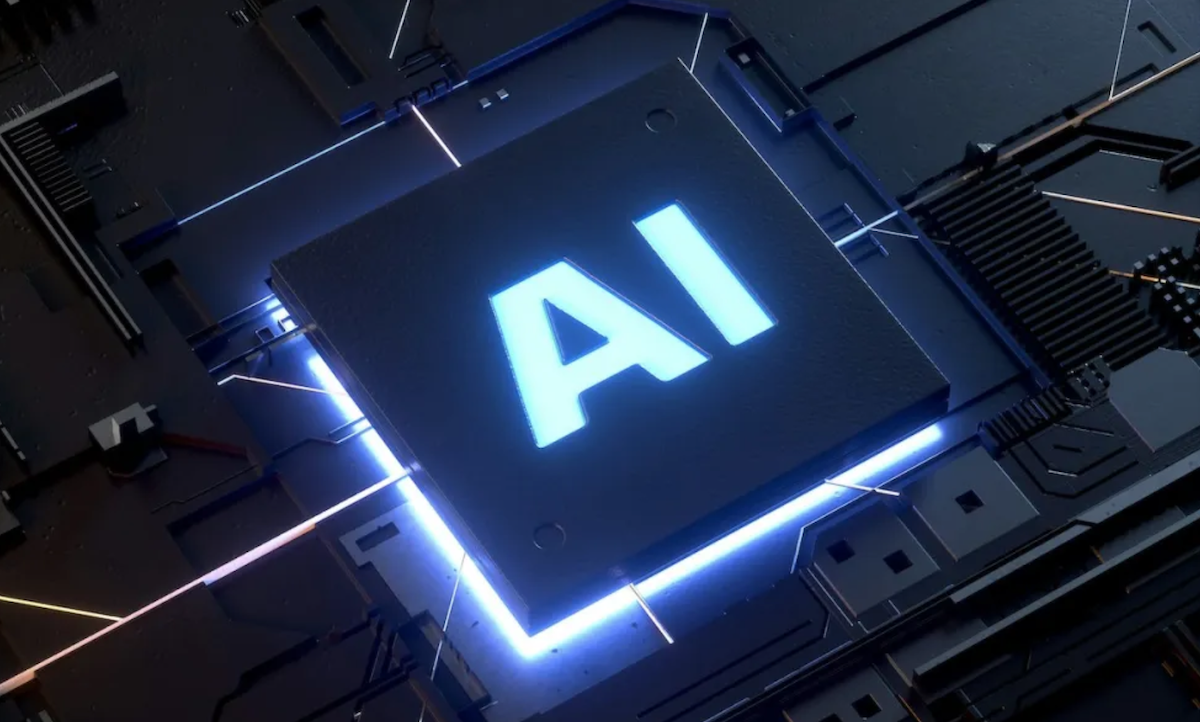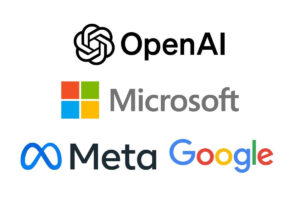This Week in AI: Google Appoints New Leader for Gemini

Weekly AI News Roundup
Here’s a look at the latest happenings in artificial intelligence from this week:
Google’s Leadership Change in Gemini
Google has made a significant shift in the leadership of their Gemini project. Sissie Hsiao, who previously headed Gemini, is being replaced by Josh Woodward. Woodward, known for launching the popular NotebookLM, is expected to bring a fresh perspective to the project.
Despite being a pioneer in AI technologies, including the development of the Transformer model, Gemini has struggled to compete in the chatbot market. It currently holds a mere 13.5% market share, quite far behind ChatGPT, which dominates with almost 60%. Additionally, Microsoft Copilot, which utilizes technology similar to ChatGPT, has also outperformed Gemini.
The challenge facing Google now is reminiscent of its competition against Yahoo in the 1990s when it first gained prominence in search engines. New entrants like OpenAI and Perplexity are vying for a slice of the market, significantly using AI tools to disrupt Google’s traditional search business.
Though Google acted quickly to create a ChatGPT competitor, the cautious approach has left them lagging behind. However, with the advanced features of Gemini 2.5 and Google’s specialty AI chips, there’s hope for recovery and improved competitiveness in the market.
Intel’s CEO Addresses Company Challenges
Intel’s newly appointed CEO, Lip-Bu Tan, has openly recognized the challenges facing the company, which has suffered from delayed developments and a slow innovation pace. Intel recently reported a significant quarterly loss and has laid off about 15,000 employees.
In his address at a recent conference, Tan expressed regret for not meeting customer expectations and called this moment a “defining moment” for the company. He intends to restore trust with their clients and has asked for straightforward feedback to drive improvements.
Tan’s plan involves transforming Intel’s corporate culture, stimulating growth in new sectors, and enhancing their core business. He aims to instill a startup mentality, focusing on agility and creativity in problem-solving while reducing bureaucratic hurdles. Key areas of focus will include AI technologies such as generative AI, cloud computing, and robotics, while non-essential businesses may be spun off for better efficiency.
Debate Over AI Regulation in Congress
A recent House subcommittee hearing brought together lawmakers from both parties to discuss the growing importance of artificial intelligence and how it should be regulated. Rep. Scott Fitzgerald (R-Wis.) advocated for minimal regulations, supporting free enterprise and open competition as drivers of innovation. He cautioned against emulating regulatory frameworks like those in China or the European Union that could hamper American innovation.
Conversely, Rep. Jerry Nadler (D-N.Y.) raised concerns about the concentration of AI in the hands of a few large corporations. He emphasized the need for comprehensive oversight, particularly through the Federal Trade Commission (FTC), to ensure consumer protection and fair business practices.
Google Enhances Travel Planning Features
In response to the increasing reliance on AI chatbots like ChatGPT for travel planning, Google is enhancing its travel tools across Search, Maps, and Lens. New features will allow users to get personalized trip ideas, track hotel prices, and save desired destinations in Maps with ease.
Travel planning represents a vital area for Google, as its search capabilities are frequently utilized by individuals organizing trips. At the same time, other companies like Perplexity are beginning to compete by partnering with brands like Tripadvisor and Selfbook, allowing users to book hotels directly through their AI interface and offering benefits like discounts.
AI as a Collaborative Partner at Work
A recent study led by Harvard examines the role of Generative AI as a collaborative teammate in the workplace. In an experiment that involved 776 employees from Procter & Gamble, individuals who used AI performed comparably to teams of two without AI support. Those integrating AI into their work produced ideas more quickly and were three times as likely to generate top-rated solutions.
The research highlights how AI can enhance productivity, improve the quality of ideas, and even help less experienced employees perform on par with their more seasoned colleagues. Beyond productivity enhancements, AI also fosters collaboration among team members, encouraging them to share expertise across different disciplines. This indicates that AI tools could transform team dynamics and knowledge-sharing processes within organizations.
With these developments, the landscape of AI is continuously evolving, prompting significant reactions from major tech companies and lawmakers alike.






